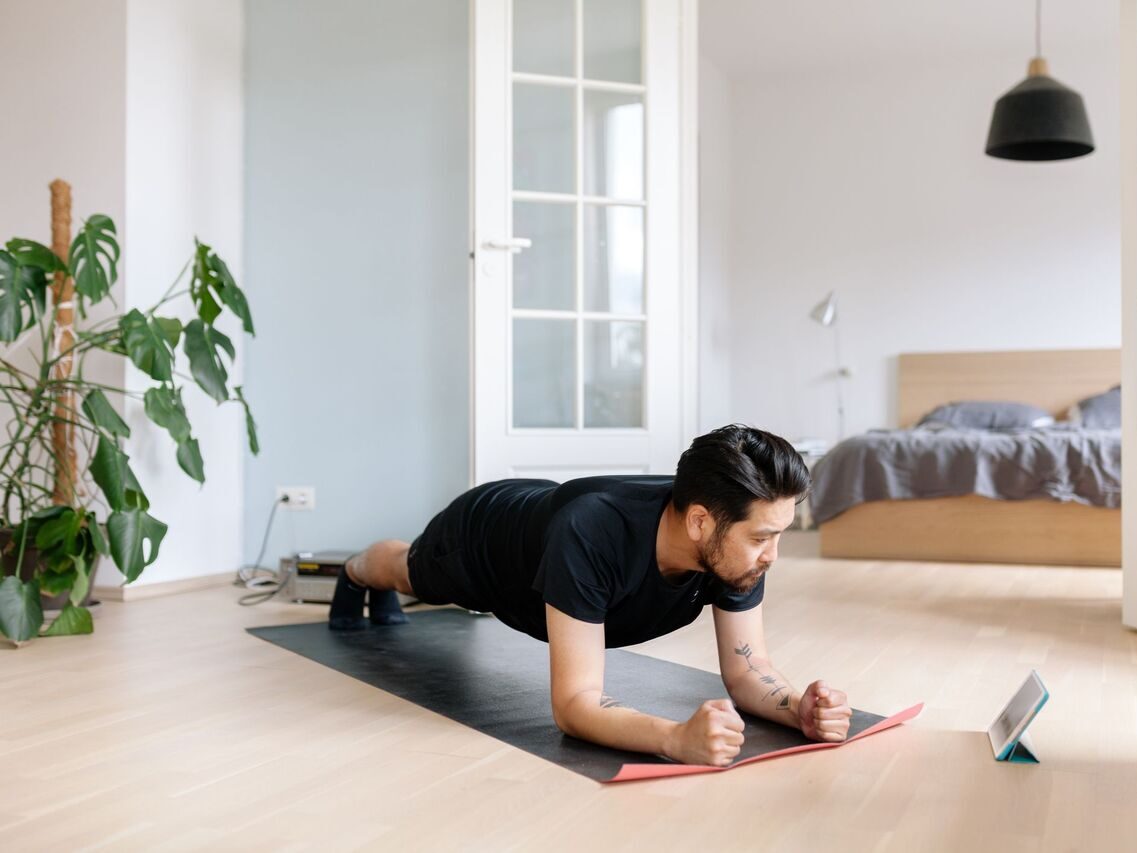Eye care is critical in a world where we deal with eye-damaging factors. Some habits, such as behaviours we repeat regularly during the day, can harm the eyes, and some habits may help maintain eye health. Read more about positive and negative habits in eye care.
11 negative habits in eye care
Some of our daily behaviours can damage the eyes over time. If you have these destructive habits, try to get rid of them.
1.Staring at the cell phone
This is a habit that most people have these days. Trying to see small texts on the phone screen hurts the eyes more and more daily. Especially if you do it for hours, this harmful habit causes dry eyes, blurred vision, dizziness and even nausea.
Put your phone away every 20 minutes to rest your eyes. Try to make the font of the text on the phone more significant to make it easier to read.
2.Watching TV at night
In general, staring at any bright screen in the dark at night hurts your eyes: Phone screens, e-readers, TV and computers. In this situation, the amount of light in the content you see changes constantly and at a high speed, and your eyes have to work hard to adapt to these conditions. These conditions cause eye fatigue, headache, and dry eyes. They can even cause more severe problems, such as insomnia and disturbing sleep patterns.
Of course, reading in low light is not recommended. It may not harm the eyes, but it causes fatigue and redness of the eyes, which leads to pain and discomfort. So, if you read before sleep, ensure you have a reading lamp or a suitable light.
3.Sleeping with contact lenses
Sometimes, we get home late from outside and are very tired, but this is not an excuse to sleep with contact lenses in our eyes. This increases the possibility of infection and causes permanent damage to the eye. The number of people who go to the doctor due to infection caused by contact lenses is very high. Be sure to wash your hands before removing the lens and putting it in the solution.
4.Rubbing the eyes
It might seem tempting and feel good, but you shouldn’t do it. Intense rubbing of the eyes can damage its blood vessels. Use a cold compress instead of rubbing the eyes to soothe an irritated eye.
5.Excessive use of eye drops
Eye drops temporarily relieve dry eyes, But using them excessively can irritate your eyes over time. Over-the-counter eye drops don’t improve eye health; they just make your eyes look less red. It is recommended that eye drops be used for a short period.
If you use eye drops, follow your doctor’s instructions and stop using them immediately if they cause irritation, eye rash, or other adverse side effects.
6.Not having a moderate diet
Diet and nutrition are also important for eye health and care. Some fruits and vegetables are essential for eye health, especially those with vitamins C and E, zinc and omega-3 fatty acids. Include citrus fruits, vegetable oils, nuts, whole grains, leafy greens and fish in your meals as much as possible. Adequate body water is vital to produce tears and keep the eyes fluid. Also, cut out foods high in sodium as they can dehydrate your body.
7.Not using safety glasses
Almost 45% of eye injuries happen at home. The most common hazards to the eye are exposure to chemicals in cleaning products, splashes of hot oil and grease during cooking, construction and home repair projects such as mowing the lawn and using tools that work with heat. It is close to the eye. So you might look weird wearing those big safety glasses. Still, wearing safety glasses is perfect for working on these projects.
8.Improper use of eye makeup products
Anything you put near your eyes is a potential hazard. This includes mascara, eyeliner, eye shadow and eye creams. So make sure to apply makeup away from your lash line so you don’t block the eyelid oil glands; Accumulation in this area can cause infection. Also, throw away your eye makeup after three months. Bacteria thrive in dark, moist places, so your mascara can be a breeding ground for dangerous infections.
9.Not getting enough sleep
Lack of sleep can lead to many problems, including weight gain, depression, and decreased immune system function. In addition, lack of sleep can also damage your eyes (some symptoms include skipping, dry eyes, blurred vision, and pain). Sleep at least seven hours a night, and remember to put down the smartphone before sleeping.
10.Not using prescription glasses and sunglasses
Staring too much at anything can lead to eye strain, which can lead to pain and discomfort. Fortunately, there is a simple solution: wear your glasses!
When you are outside, wear standard and appropriate sunglasses. Sunglasses help prevent harmful UV rays that can damage your eyes over time. Do you have photophobia or sensitivity to light? Sunglasses can help reduce the effects of excessive sunlight, including headaches, blurred vision, or red eyes.
11.Not visiting an ophthalmologist
Not only can your doctor diagnose serious eye problems (such as glaucoma) with no symptoms, but they can also detect signs of other conditions (such as diabetes and high blood pressure) just by examining your eyes.
Besides, your vision is probably not as good as you think. If you close your eyes for daily tasks, you may be putting yourself and others at risk. Regular visits to the doctor can help reduce the number of preventable car accidents each year.
7 positive habits in eye care
Some habits help eye health. Try to make these behaviors a habit in your daily life so that you can always have healthy eyes with eye care.
1.Drink lots of water
Drinking water is good for the whole body and even the eyes, especially in the cold seasons when dry eyes are one of the common problems.
2.Quit Smoking
There is a direct link between Smoking and the development of some common eye diseases. By quitting Smoking, you can have healthier eyes.
3.Children’s eye care
Many people forget about children when caring for their eyes and using medical, sun or safety glasses. Children’s eyes are as vulnerable to various types of damage as adults. Get sunglasses for children and take care of their eyes.
4.Prevention of allergies
Some types of seasonal or chemical sensitivities can irritate and damage the eye. By preventing these sensitivities, you can take a practical step for eye care. If you suffer from seasonal allergies, ask your doctor for advice before the symptoms start.
5.Regular replacement of glasses
If you use prescription glasses, you must visit the doctor regularly and get the right glasses for your eye number. Not using the proper glasses puts pressure on your eyes and makes them tired.
6.Use of swimming goggles
Swimming goggles make swimming more comfortable and prevent water-borne bacteria from entering the eyes. These bacteria can cause diseases that threaten eye health. If you wear contact lenses, swimming goggles are even more critical.
7.Regular physical activity
You may be surprised, but regular physical activity and exercise are necessary for eye care. Staying active also keeps your eyes healthy. Diabetes and macular degeneration usually damage or deteriorate the central area of the retina. Several factors can lead to macular degeneration. Macular degeneration is a disease that can cause permanent vision loss, and studies have shown that it is affected by body fat percentage and activity level.



Be sure to pay attention to your eye care habits. Some of these habits harm our physical health in the long run without knowing it.
